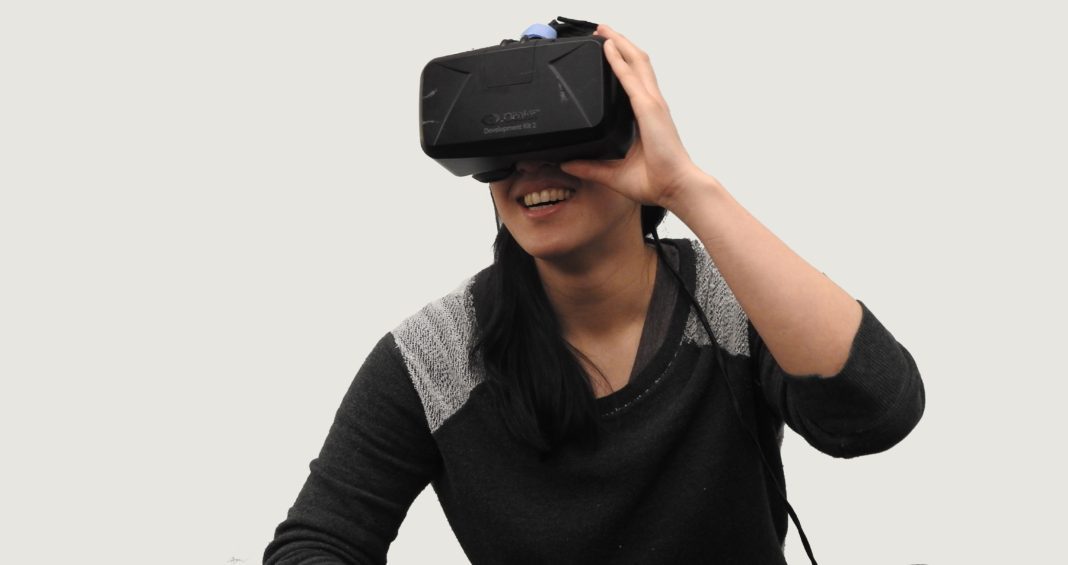
With 81% of UK consumers identifying the physical store as vital to the shopping experience, and 70% still enjoying the full encounter; traditional retail shopping remains a steadfast British pastime. But there’s a catch… customers expect retailers to become more tech-savvy, and quickly.
Around 70% of UK consumers expect retailers to launch an augmented reality (AR) app within the next six months, with a similar number willing to return more regularly to a store that offers AR. The numbers tell us that in this digital age where shoppers have more choice than ever, traditional retail still has a prominent role to play in the economy; but it must adapt to survive and flourish.
Currently only one third of retailers offer increasingly-popular AR technology to shoppers. With 61% of UK consumers changing where they shop because of the availability of AR elsewhere, this data suggests that many traditional retailers are inadvertently holding themselves back.
Moving forward to enhance the customer experience
To overcome this negative trend, traditional retailers must not fight the digital revolution. Instead they should embrace it by attracting and retaining customers, through an enhanced shopping experience, that combines cutting-edge technology with experienced brand ambassadors.
Together they offer the best of both worlds, the irreplaceable emotional connection and the convenience of a seamless, interactive and digitally intelligent shopping experience.
Forward-thinking brick and mortar retailers in the UK that currently offer AR in-store have already positively transformed the customer experience.
A case in point is the John Lewis flagship department store in Oxford Street, London, which has taken the hassle out of shopping through its virtual showroom that allows customers to visualise products in lifelike 3D, rather than just on the pages of a catalogue.
It also offers 3D renderings of products superimposed into customers’ homes. So, someone buying a television can decide on the size and spec right on the spot without having to return home to check wall and floor space measurements, by simply pointing their smartphone at the device.
This approach brings the store to the customers’ homes and their homes to the store. It also gives them the added convenience of participating in a face to face conversation with a knowledgeable brand ambassador who is equipped to openly attend to their specific and individual needs and deliver an excellent brand experience.
Shoppers are making their voices heard
Voice-activated artificial intelligence (AI) is also becoming more popular, with 37% of UK smartphone owners using voice-led technology in some form every month. Almost one-in-five now buy a product through voice without even looking online or in-store first.
This form of AI captures unique and insightful data that can also help retailers improve customer engagement by offering personalised, targeted messaging to each individual shopper.
Planning effectively for the future
For AR and AI to succeed in brick and mortar retail, it is essential for stores to employ well-trained brand ambassadors that intimately understand the product and can build a strong rapport with their target clients because they also understand their emotional connection to the product.
These brand ambassadors should be fully trained in the application of all new, interactive and user-friendly technology that optimises the overall shopping experience for customers that are exposed to it. This human/tech interface is something that online shopping simply cannot offer.
Andy Tow, Managing Director, Retail Marketing Group














